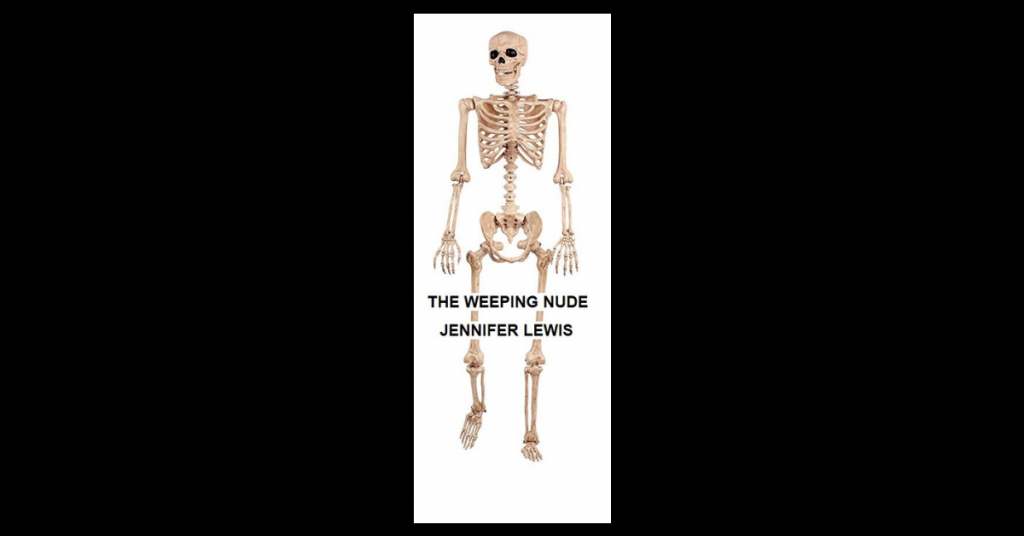
THE WEEPING NUDE by Jennifer Lewis
“Get up.” “No. It’s not even light out. I want to sleep.” “You heard me.” He lights a candle, then another. Then claps his hands. “Move!” She smells the turpentine. Hears the clinking of glass bottles. The room is freezing. Tiny sounds of the night drift through the walls. A horse kicks a stone, then neighs. “I’m not posing,” she says. “I’ve told you before. You never have to pose. You must be yourself.” The Weeping Nude, Edvard Munch 1913 This makes her smile. She likes being different than the others. Not another archetype, or myth or stupid symbol. How…
